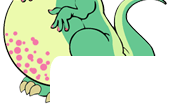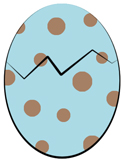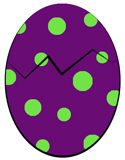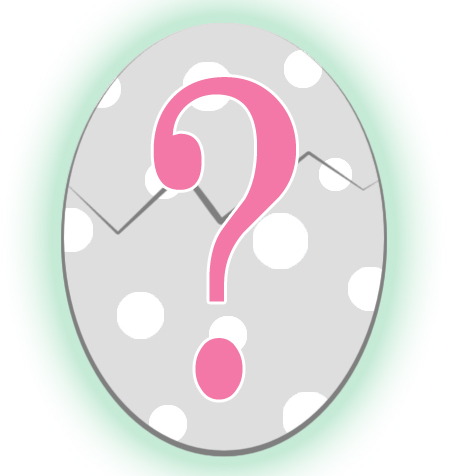Like most mothers, we were given the option of doing an NT scan (nuchal translucency) around 12-13 weeks. There are many reasons to do the scan, namely it gives you information about whether or not the baby is at risk for Downs Syndrome or other chromosomal abnormalities. You can find detailed information about the pros and cons of the NT scan here.
My husband and I discussed it briefly, but quickly came to the conclusion that we would not be opting to do one. It would have been great to get another glimpse of the baby on ultrasound, but that would basically be it for us - an expensive ultrasound. It wasn't covered by my insurance plan, we have no family history of chromosomal abnormalities, and even if the baby did have some type of abnormality, there wasn't anything that we were going to do about it. It's a personal choice, but we knew that we would not terminate the pregnancy, no matter what they saw on the scan. Many parents state that even if they aren't going to terminate the pregnancy, it still gives them time to do research on the condition and prepare themselves mentally and emotionally for the baby's arrival. I completely respect that, but feel that I would personally spend more time worrying than anything. The scan doesn't give you a "yes or no" answer, simply an odds ratio, i.e. your baby has a 1 in 1,000 chance of having Downs Syndrome.
So because we opted not to do the NT scan, the next time we would be getting a glimpse of baby chocosaur was going to be at 18 weeks at the anatomy scan aka "big ultrasound"... over 2 months from the first ultrasound... it seemed like it could not come soon enough!
Thursday, September 10, 2009
Subscribe to:
Post Comments (Atom)

























We didn't do the NT scan either. We figure even if something is wrong, we'll love the baby regardless, and can educate ourselves quickly after the birth if need be!
ReplyDeleteCan't wait to read more of your updates.
That's all well and good but it's also a way of determining any other abnormalities that a perinatologist could monitor (and intervene, if necessary) during the course of a pregnancy (ie., congenital heart defect). It's not just a matter of determining if your child may or may not have DS and whether or not you'll "love" the child. It's about providing the best care you can to your unborn.
ReplyDelete